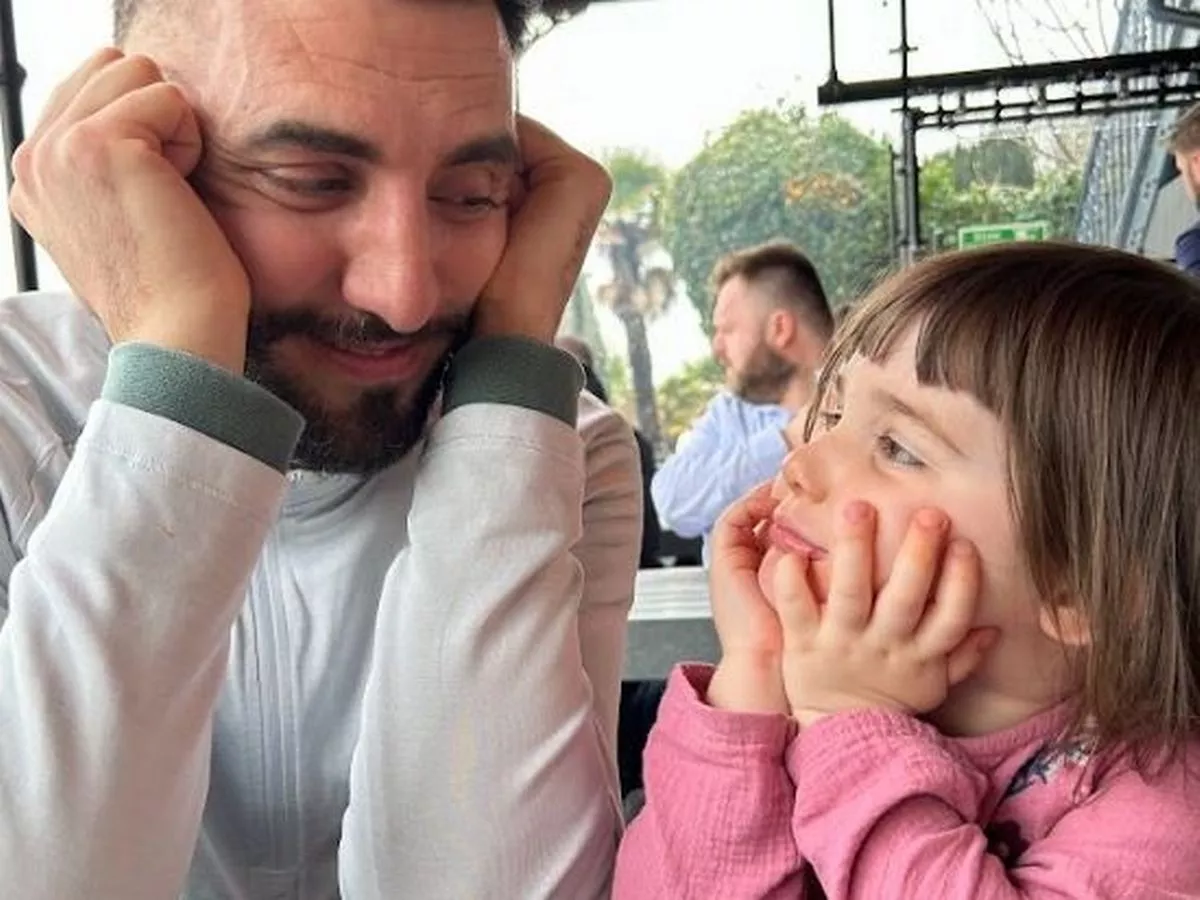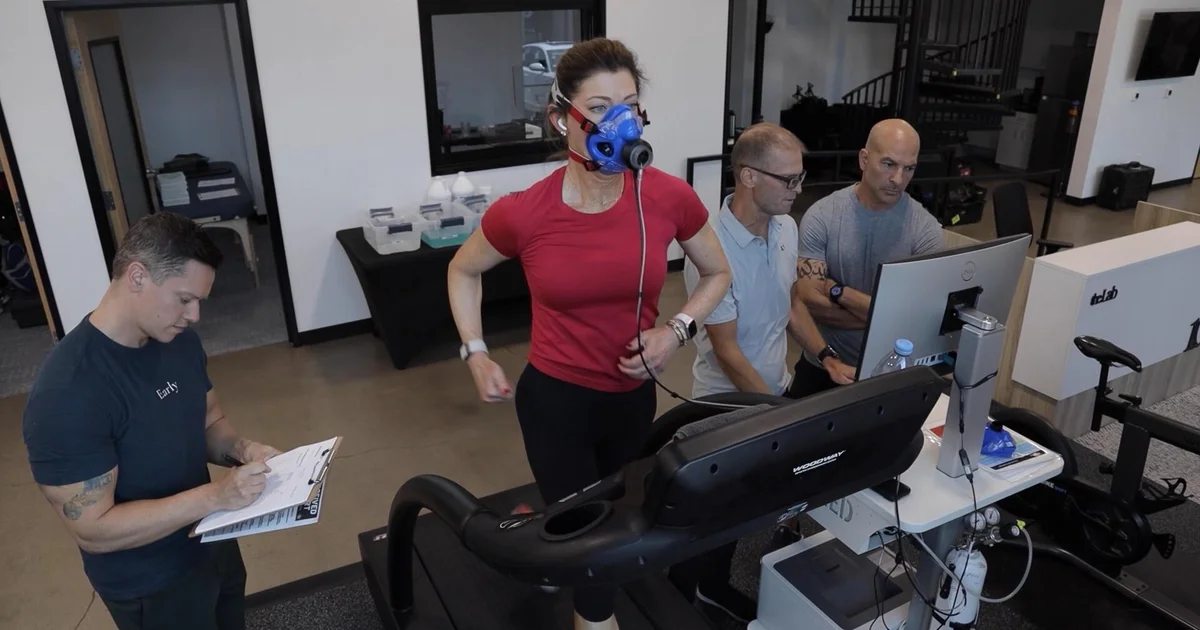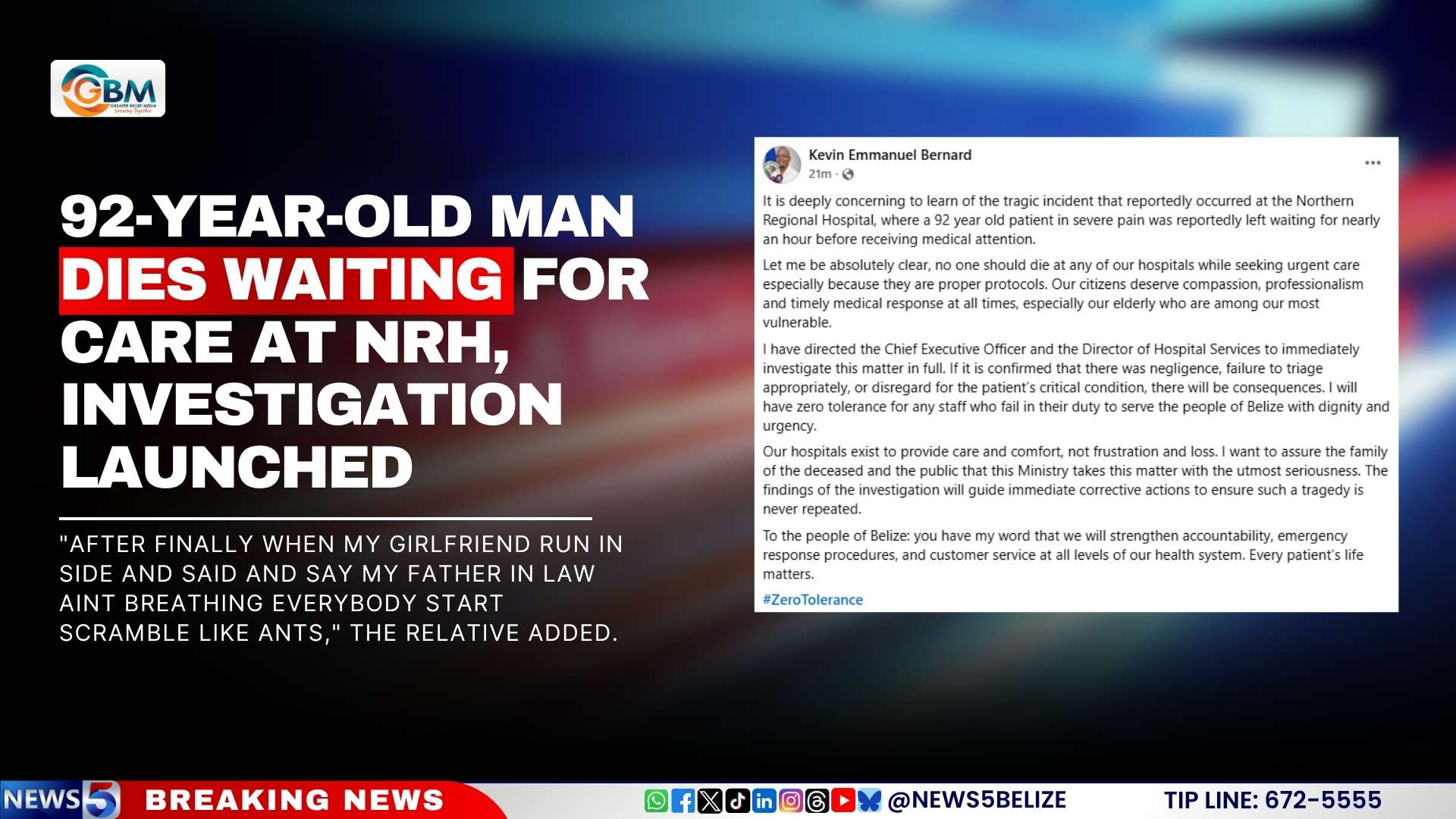Copyright walesonline

Ellie James' husband Owain died of a brain tumour, she is campaigning for a law in his memory, called Owain's Law. She recently spoke to MPs in Parliament to explain the law she wants brought in, and why she wants it. Here are her words: When my husband Owain was diagnosed with a grade 4 brain tumour aged 34, we were told he was having the "gold standard" of treatment. Yet, this is the same treatment that Owain’s grandad had received in the early 1990s when he had the same thing. In 1926, Glioblastoma was first termed, and back then it was found the average survival was 12 months. In 100 years we have only moved that forward by three more months. I have never felt so let down by the NHS. Right from Owain’s diagnosis, through his treatment and in his death. But the biggest failing was the way in which his brain tissue was handled. When Owain was told he had a 14cm grade 4 astrocytoma, I remember him saying to me, all he wanted was our daughter Amelia to remember him. His motivation to live made him into the bravest person I have ever seen. Just three days after his diagnosis, Owain had 7cm of his tumour surgically removed. Not at any point did anyone have a conversation with us about tissue preservation or storage so we just had no idea about the importance of it. Following Owain’s surgery I had a one-to-one meeting with the oncologist, she told me in no uncertain terms that I had no hope. She told me his tumour would not regress and treatment will only hold it back for a period of time until it regrows. In fact, she told us not to waste our money on any private medicine, and she even asked Owain why he was so positive all the time. Owain decided to have a personalised vaccine made using his own tumour tissue to re-educate his immune system, making that required fresh frozen tissue. Unbeknown to us, most of his tissue removed was put into paraffin wax and once that happens, you can’t change it back. So only three vaccines could be manufactured, as opposed to nearly 30 which is what could have happened if more of his tissue could have been utilised. Despite having just three vaccines, Owain’s first scan blew it all out of the water. Six months following his diagnosis, in which he had undergone surgery, radiotherapy, three cycles of chemo and three vaccines. His scan showed complete regression of his 7cm tumour and his scans remained clear for nine months. It was a miracle. The 14cm tumour that he initially presented with, had disappeared within six months. His case was so remarkable, it was published in the Journal of Neurosurgery. But a critical decision, made by a pathologist who didn’t know us, didn’t know what treatment we might embark on, didn’t think to have a conversation about how we would want Owain’s tissue to be stored, had been made without us. That decision I believe impacted the length of Owain’s time on this earth, and the number of memories which my daughter now has with her dad. I don’t blame the pathologist. I blame the NHS system and framework which let this happen. Owain could be sitting here with me today. But instead, I currently have 20 slides of his brain tissue in paraffin. Owain's case is not exceptional. Our Brain Bank, a patient led movement, recently published some data to show 79% of patients reported no storage of tissue that was available, for potential treatment or trial use. We are failing patients right now and a simple change could turn this around. In memory of my husband, I am campaigning for Owain’s Law which proposes to standardise the process for tissue storage ensuring it is fresh-frozen, and implementing an informed consent process, so that patients are fully aware of their tissue status and what they could do with it to benefit them or medical research. A petition was launched in August and has so far received over 14,000 signatures, you can see it here. I want to be clear, Owain’s law is not an advertisement for experimental treatment, it’s a campaign to empower patients to make better use of their tissue. With this precious frozen tissue so many opportunities could be explored, such as genomic sequencing, RNA analysis, identifying driver mutations, looking at how tumours switch genes on and off through epigenetic gene regulation, growing cell cultures, and some clinical trials will only accept patients with fresh frozen tissue. To point out the obvious, in order to find a cure for the disease we need to understand what starts it in the first place; fresh-frozen tissue holds the key to that. For our free daily briefing on the biggest issues facing the nation, sign up to the Wales Matters newsletter here Freezing tissue is unanimously agreed across the medical and patient community, and Owain’s Law aligns with the freezing instructions in the recent guidance published by the British Neuro-oncology Society. Specifically for research, should patients decide not to use their tissue for themselves, we need a process where research centers can display their work and patients could choose a project to donate it to. This is a no-brainer, pun intended, and these positive actions bring patients and care givers like myself a deep sense of comfort. Underpinning all this is informed consent. Despite the regulations under the Human Tissue Act, informed consent is not happening. Our Brain Bank published data to show that 65% of patients are not informed about their tissue storage. Owain’s Law would strengthen the current regulations to ensure informed consent is gathered. It only requires a simple script that can be added to the surgical consent form. This is critical and so very simple to implement. I cannot understand how tissue which is made by you, handled elsewhere without informed consent can be allowed to continue. It’s completely unethical. Why do we give stronger protection for our personal data under GDPR but not for human tissue? When Owain’s Law was discussed by Senedd members, the health minister said it would prevent clinicians from using their discretion. The word discretion worries me hugely. Freezing tissue is not a “nice-to-have” for brain tumour patients, it is vital, it is necessary, it needs to be a standard given right. The cost to put this in place across the UK is very small - OurBrainBank suggests a maximum of £373,000 would ensure all health boards in the UK could maintain fresh frozen tissue for all patients. This very small investment will bring huge benefits to patients now and for research in the long term. I will say it again and the pun is intended - it's a no brainer. I have asked all MPs and MSs to listen to me. I want lessons to be learnt from Owain’s case and I don’t want other family members to live with the same regret that I do today. Owain’s Law was discussed in the Senedd because my local MS, Hefin David, believed in this and pushed to have it heard. I am going to end with Hefin's words when he spoke about Owain’s Law at the Senedd in July - "Let’s remember Owain for everything he has done today, even in his passing he has contributed to this debate of keeping patients alive for longer."



